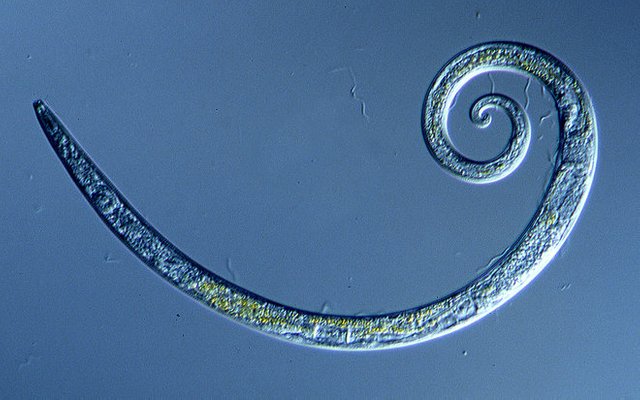Siberian Worms Alive after 32,000 and 42,000 Years Frozen Under Ice
Two microscopic worms which were frozen in Siberian permafrost for tens of thousands of years have been successfully defrosted by scientists. The prehistoric nematodes were found in ice samples dating back 32,000 years at the Alazeya River and 42,000 years at the Kolyma River in Russia. The elderly worms miraculously showed signs of life after being defrosted and started moving around and eating normally as if nothing had happened to them.
The nematodes were part of a scientific study looking into the capabilities of multicellular organisms for long-term cryptobiosis in permafrost deposits of the Arctic. The scientists combed through 300 samples of permafrost from various areas and ages to discover the two resilient female worms. Successfully defrosting the frozen nematodes is a scientific breakthrough and the first evidence of natural cryopreservation of multicellular organisms.
The study is invaluable to scientists working on freezing human organs for surgery and even freezing human beings for future health treatments and space exploration. Given the melting of polar ice, which will similarly result in the defrosting of ancient organisms, the study is also important to scientists working on potentially dangerous bacteria and virussen. A giant virus was just recently defrosted and resurrected after 30,000 years in Siberian permafrost.
Hat tip: Live Science | Image: Shutterstock
